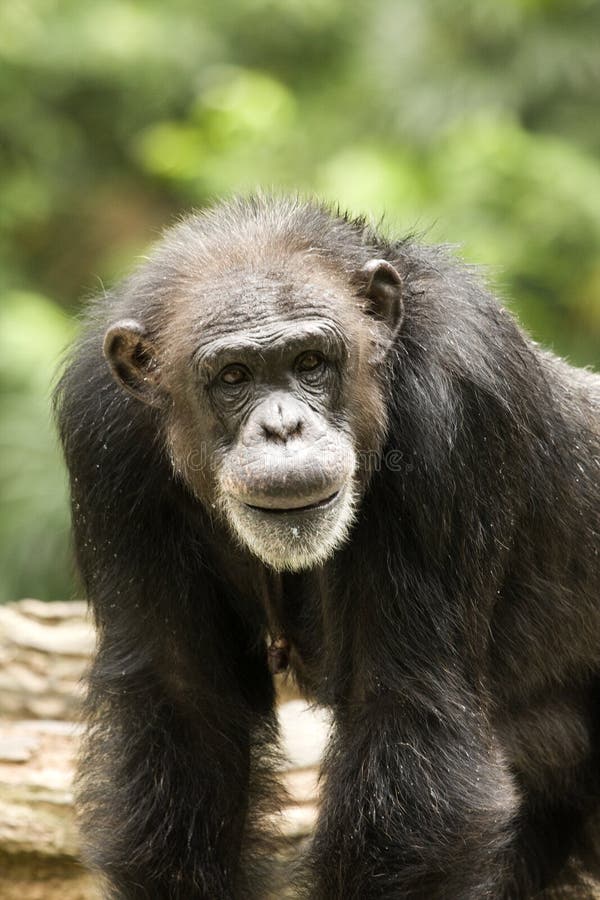

It could be a question of emotions becoming more stable. Why chimps concentrate on fewer friends and behave less aggressively as they age are still unknowns.


“For most people, that would be insane to have a table that has that many rows, but actually I think in our database, our largest table has something like 4.7 million rows of data,” she added, with “dozens and dozens of tables.” But she said that Excel won’t accept data “after something like 168,000 rows.” Machanda said that people may think it’s just a matter of using an Excel spreadsheet. Anyone who watches nature television shows can probably call to mind the image of Jane Goodall amid the Gombe chimps, or other similar, apparently idyllic portraits of field biologists.ĭr. The data analysis required for such studies is what happens after the field observation. Of course, this can also happen in humans, but the data indicate that Aunt Ratchet and Uncle Vlad are exceptions. Some monkeys tend to withdraw from social relationships and their aggression levels stay high. Other primates don’t necessarily follow this pattern as they grow older, according to the authors. They also exhibited a more positive approach to their whole community, continuing grooming of other chimps, including those that weren’t close friends, at the same rate, but with a drop in aggression. And they used grooming to decide whether the friendships were mutual, with each chimp paying attention to the other, or one-sided.Īs they got older, the chimps developed more mutual friendships and fewer one-sided friendships. They used the proximity of chimpanzees to one another to determine friendships - friends sit together. Machanda and their colleagues looked at several aspects of male chimp behavior as recorded in more than 20 years of almost daily observations, with 78,000 hours of observations on 21 male chimpanzees from age 15 to 58. Carstensen, a psychology professor at Stanford University, who developed socioemotional selectivity theory, said she thought the new paper added to the theory rather than contradicting it.ĭr. “It makes the case that we should rethink our views about human behavior,” he added. Ian Gilby, an evolutionary anthropologist at Arizona State University and co-director of the Gombe Chimpanzee Database, part of the Gombe Stream Research Centre, who was not involved in the research, described the new study as “really elegant.” At the very least, the finding raises questions about humans. But it does show that our closest primate relative displays the same bonding habits for some other reason, perhaps something about aging that the two species have in common. The finding doesn’t prove or disprove anything about whether knowledge of death is what drives the human behavior. So male relationships were easier to analyze. The team looked only at interactions of male chimpanzees because males are quite gregarious and form a lot of friendships, whereas females are more tied to family groups. Along with several colleagues, they reported Thursday in the journal Science that male chimps, at least, display the very same inclinations as humans. Machanda, who is the director of long-term research at the Kibale Chimpanzee Project in Uganda, drew on many years of observations of chimps at Kibale.


 0 kommentar(er)
0 kommentar(er)
